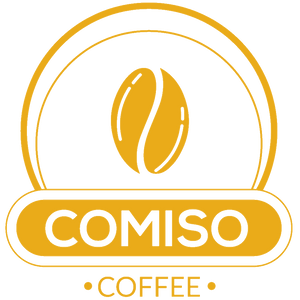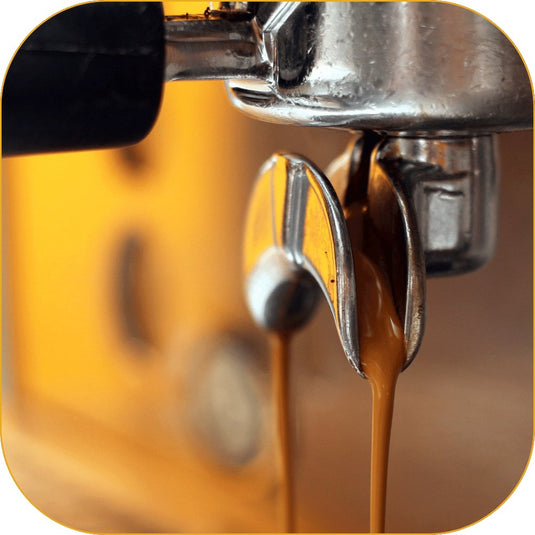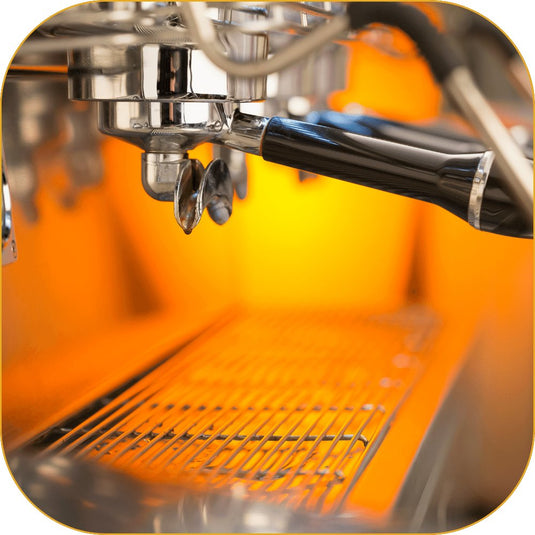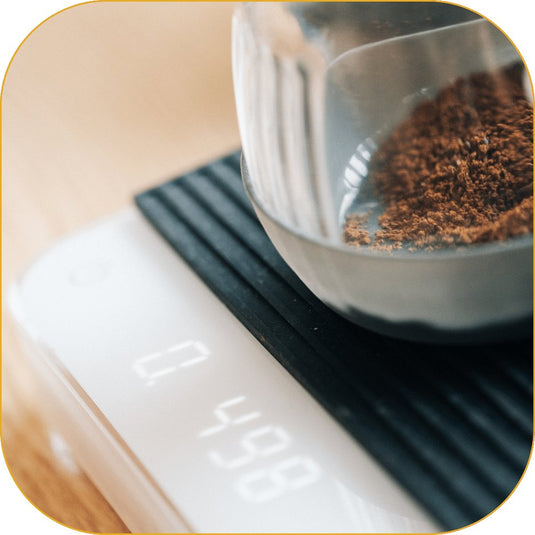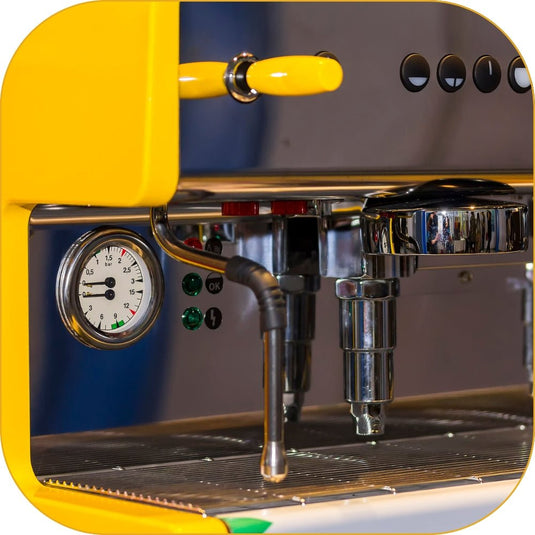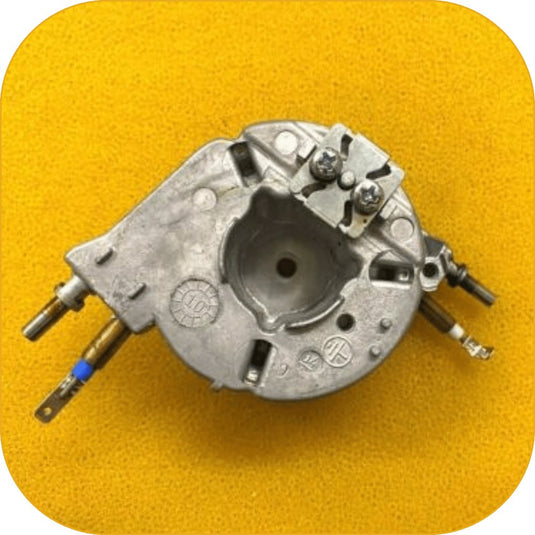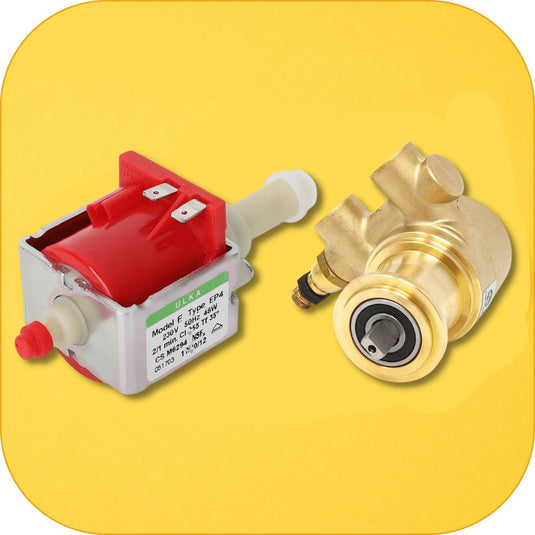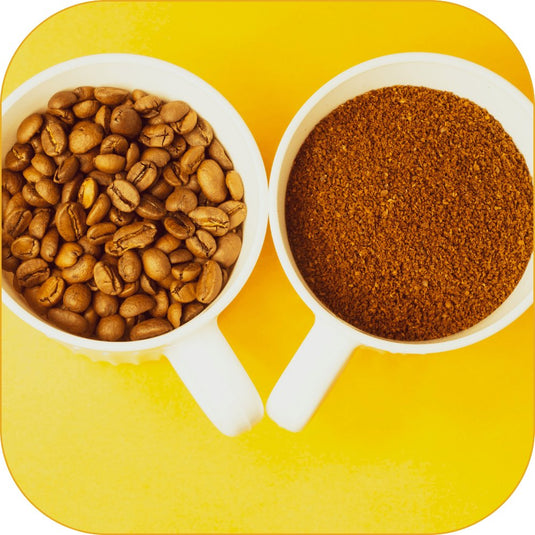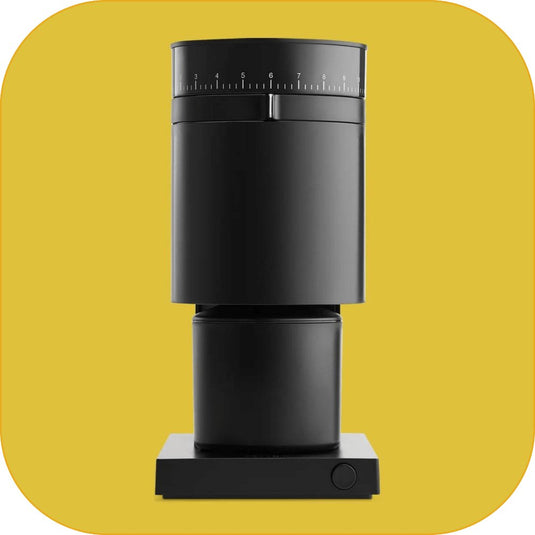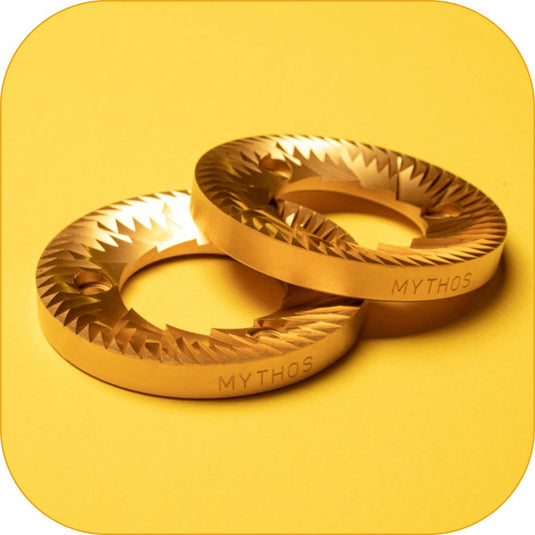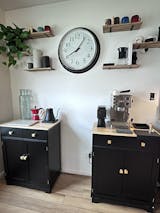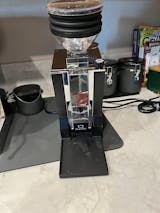The Right Water To Use For Espresso Machines

Baristas are, in reality, water magicians. After all, coffee is more than 90% water and it has an enormous influence on the taste of your coffee. Which is why we’ve decided to dedicate an entire article on finding the right water for your espresso machine.
Of course, this whole ordeal goes beyond achieving a better flavor— bad water can actually damage the inside of your machine by creating build ups and hindering your machine’s performance. It is, in many ways, a silent killer. It damages your machine in a way that you can’t see it until it’s too late.
This is what is called “scale”. It is mineral build up that sticks to the many tubes inside a machine and makes it harder for the water to go through. This can damage the machine by creating unwanted pressure inside or simply making it impossible for water to flow through.
So you see, it is actually very important to find the right water.
What is good water?
Water is never just water. It can contain all sorts of different chemicals and minerals which will in turn interfere with the taste of your coffee. Professional baristas in international competitions showcase this by bringing their own water.
Many use very particular bottled water, while some use demineralized water that they’ve remineralized themselves. Some use carbon-activated filters, some use Brita filters, which are actually quite popular. But none use tap water.
Minerals and chemicals in tap water are a necessary evil. Chlorine, for example, kills bacteria and germs and keeps our water potable. Calcium helps with this and also keeps water from looking cloudy.
Chemical presence in the water is undesirable for the taste and aroma of our coffee. Chlorine can easily do away with most of your coffee’s aroma, which is where a lot of the flavor is. So using water with chlorine is counterproductive to making good coffee.
Mineral presence in the water, on the other hand, is bad news for espresso machines and frankly all brewing methods— even for your kettle! Even kettles can form escale at the bottom of the kettle, which is a telling sign of high mineral presence in your drinking water.
There is something called “hard water”, and it only makes sense that “soft water” exists as well. These two terms refer to two different types of water: hard water is water that’s high in mineral content, while soft water has little mineral content.
What we want to strive for is soft water.
There are tests to determine the hardness level of your tap water, but chances are your water is hard. Soft water is a rare occurrence even in good neighborhoods!
| Hardness (French degrees) |
Softening Time (hours) |
Treated (liters) |
Beverages (80 cc) |
| 9 | 3 | 830 | 13830 |
| 18 | 9 | 415 | 6900 |
| 27 | 15 | 276 | 4600 |
| 36 | 21 | 200 | 3300 |
| 45 | 27 | 165 | 2750 |
Choosing the right option
So we know that the right water is soft water. That’s all fine and good, but how do we find it? Does this mean you have to buy bottled water the rest of your life?
Not really. That only means that you have to soften your tap water. It may sound like a lot of trouble, and it actually used to be, but new technology in this department has actually made it really easy for anybody to achieve top-quality water.
Ion exchange water filters
These are the highest tech water filters that money can afford. They make super soft water with almost no mineral or chemical content and give you a very clear, neutral-tasting water, which is exactly what we’re aiming for.
The only real flaw of Ion exchange filters is that they tend to be both quite big and quite expensive as well, so it’s only really a justified expense if you have an espresso machine that you really care about.
Looking at it positively, a good filter like this will definitely extend your machine’s life by at least a few years, so it is more of an investment than anything else.
Carbon water filters
Although carbon filters are some of the most popular around, that doesn’t mean that they’re the best option for you.
Carbon filters don’t technically soften the water; they only remove certain chemicals from it. In fact, most of the chemicals they remove are related to odor and taste, which is why they’re so popular.
But since what we want is soft water, carbon filters aren’t really our priority right now.
Sediment water filter
These water filters use actual sediment to get rid of solids from your water supply: there are several layers of different types of sediment that the water goes through and, in the way, it leaves behind solids etc.
While trendy, this option doesn’t benefit us. Of course we want to keep dirt off of our espresso machine, but sediment can’t and won’t get rid of the minerals in the water.
Conclusion
For espresso machines, ion exchange filters are really the only way to go, as they’re the only ones that effectively and consistently get rid of minerals such as calcium and magnesium.
However, if you’ve got a machine with a small water tank that can be refilled manually, bottled water is also a good option in the meantime.
Sediment and carbon filters are, unfortunately, not viable options for espresso machines.
